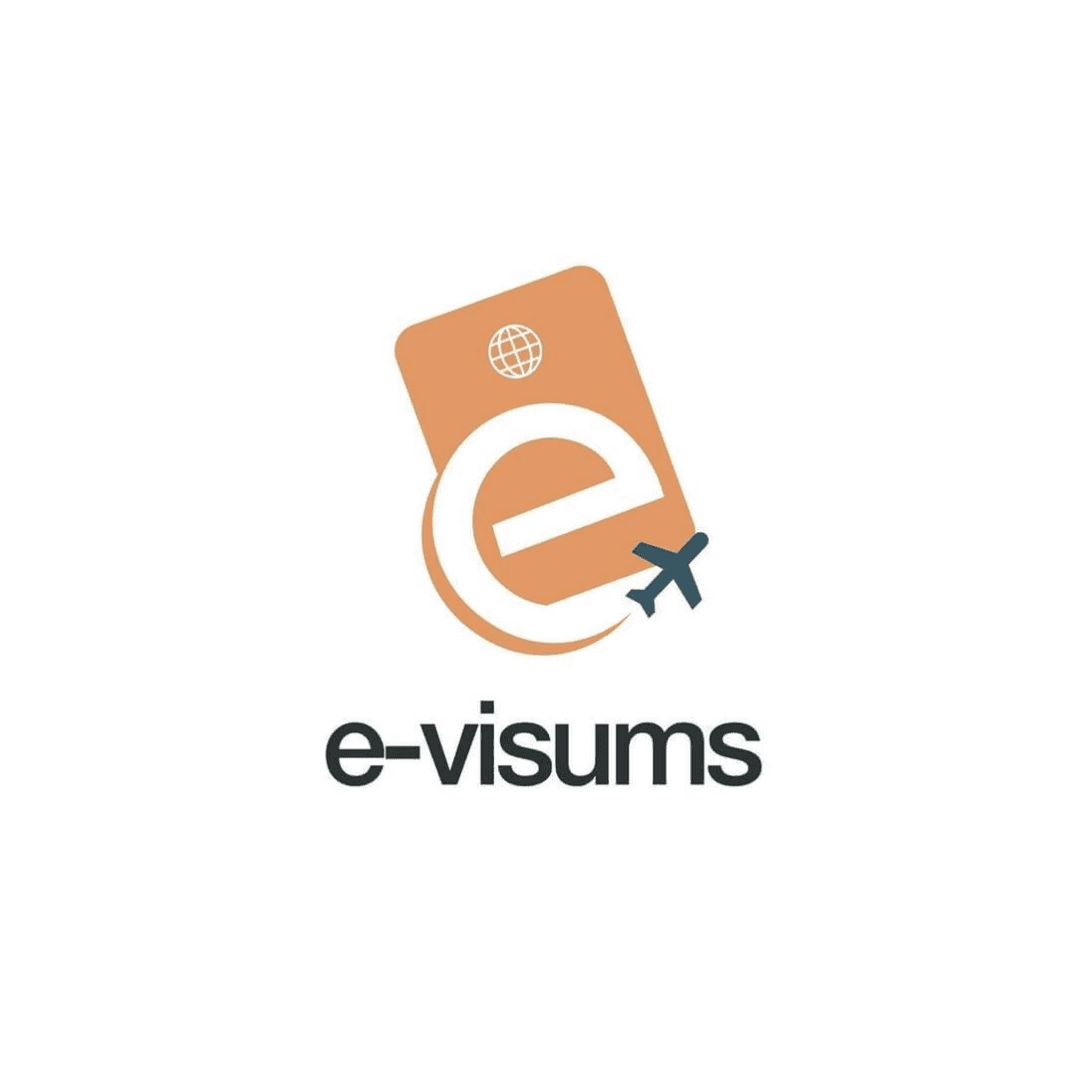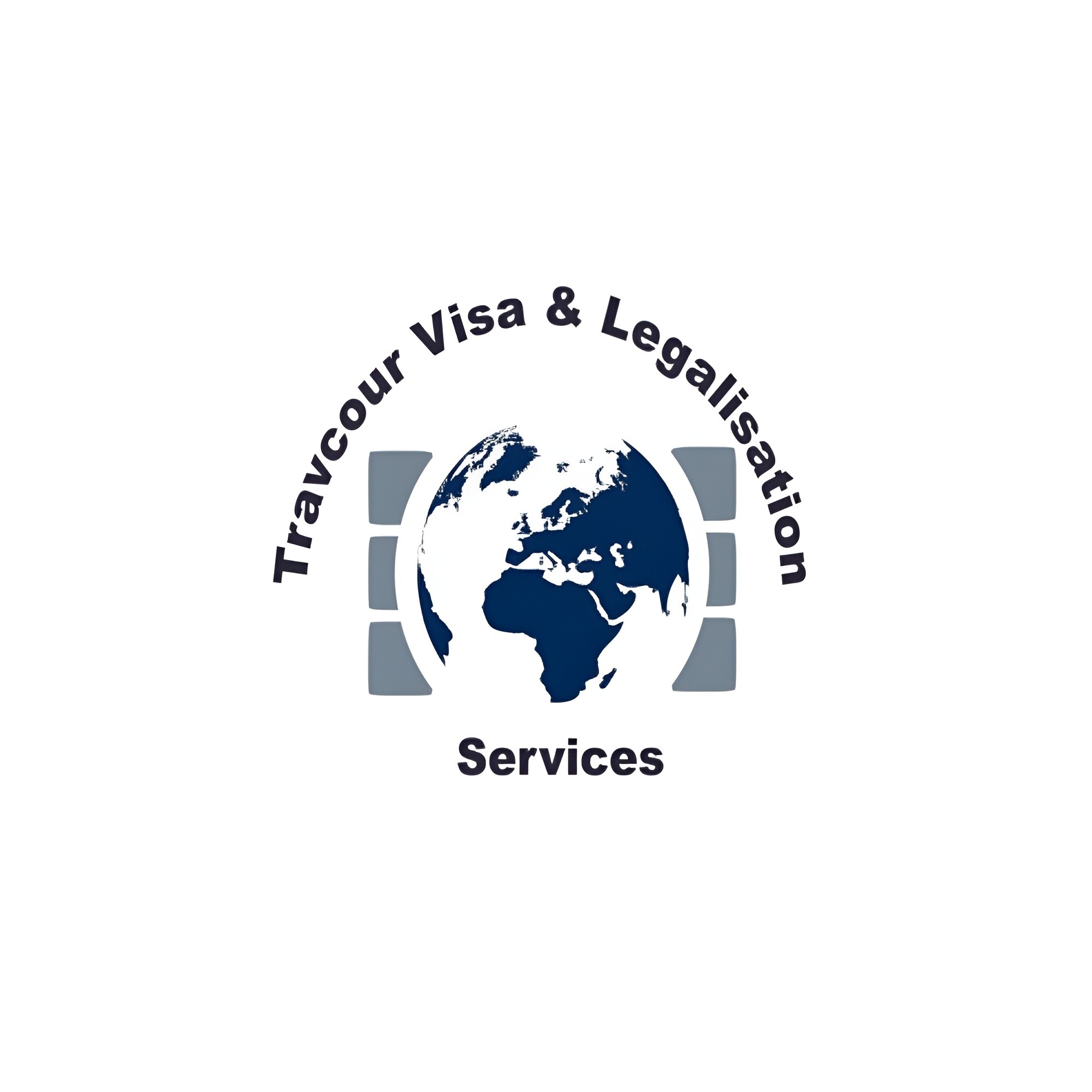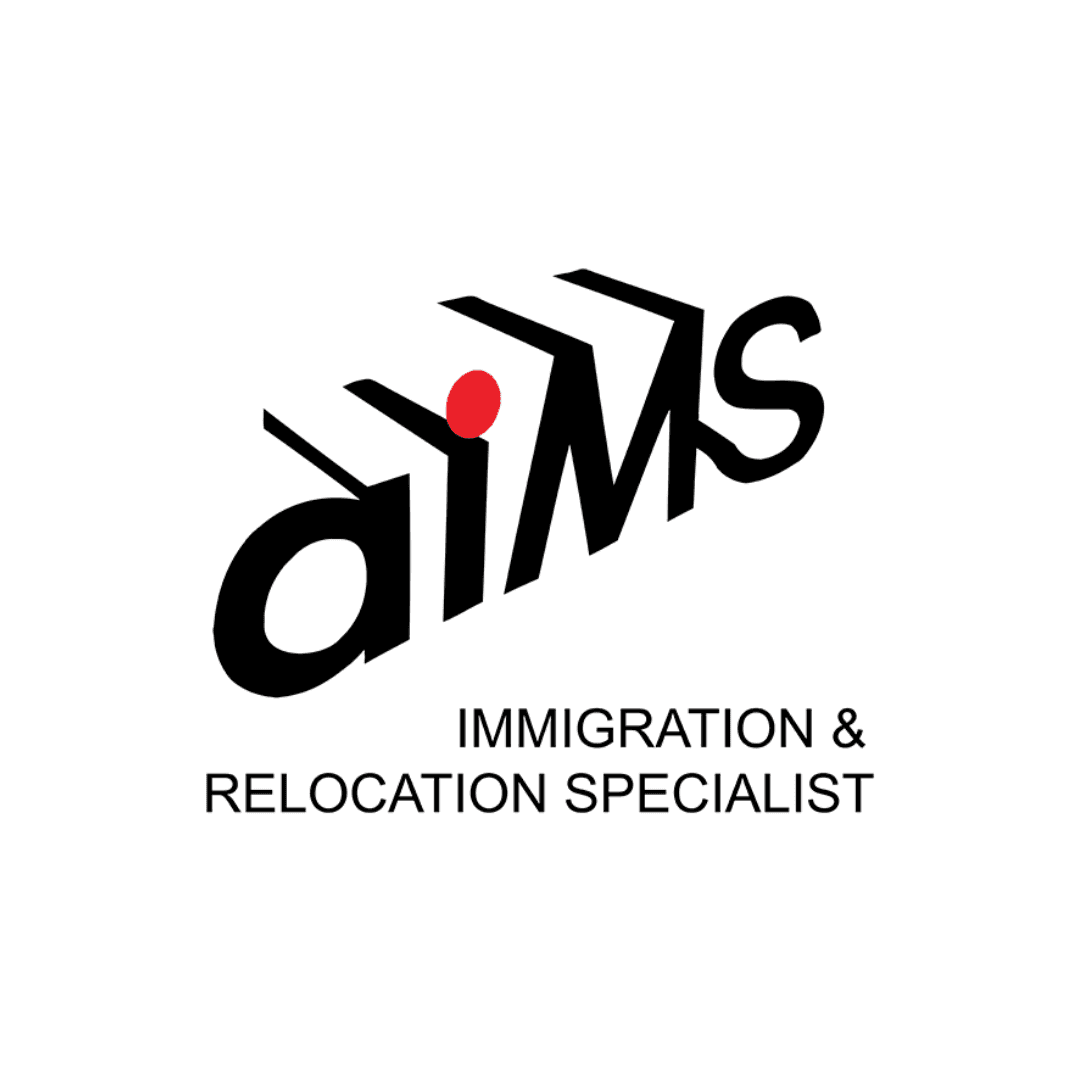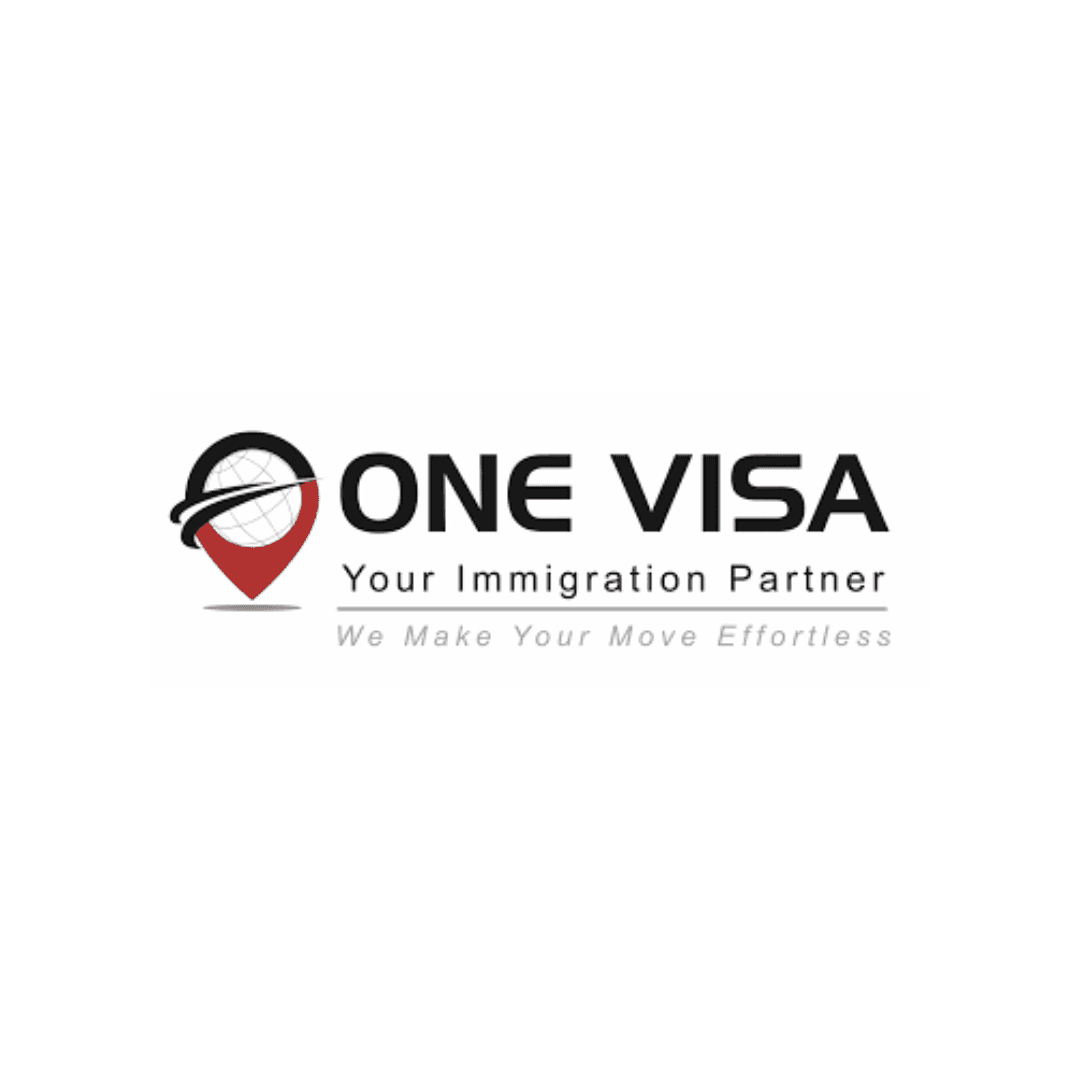A Guide on Immigrating to Australia
This blog will guide you through the process from start to finish and arms you with all the information and knowledge needed when relocating to Australia.
Check out the agenda items outlined below:
Understanding the different types of visas available
Preparing your documents for immigration
Arranging for employment in Australia
Understanding health care and other services in Australia
Applying for citizenship and permanent residency in Australia
Understanding the different types of visas available
As a global citizen, understanding the different types of visas available can unlock a multitude of opportunities that can enrich your life.
Here is a detailed bullet-point list of different Australian visas, with necessary information sourced from the official Australian Government website:
Visitor visas (subclass 600): This is designed for people visiting Australia for a holiday, sightseeing, social or recreational reasons, to visit relatives, friends, or for other short-term non-work purposes. It's often referred to as the Australian visitor visa.
Student visas (subclass 500): If you plan on studying in Australia, you'll need this visa. It allows you to stay in Australia to study full-time in a recognised education institution. Health insurance is a crucial requirement for this visa.
Temporary Graduate visas (subclass 485): This is a temporary visa for international students who have recently graduated from an Australian educational institution.
Skilled Migration visas are offered to individuals who are not Australian citizens but have a particular set of skills that are needed in Australia. This encompasses Skilled Independent visa (subclass 189), Skilled Nominated visa (subclass 190), and Skilled Work Regional (Provisional) visa (subclass 491).
Working Holiday visas (subclass 417): This visa is for young people who want to holiday and work in Australia for up to a year. It is a temporary visa that encourages cultural exchange and closer ties between Australia and eligible countries.
Partner visas (subclass 820 and 801): This visa allows the de facto partner or spouse of an Australian citizen to live in Australia. The 820 visa leads to the permanent 801 visa.
Business Innovation and Investment (Provisional) visa (subclass 188): This visa is for people who want to own and manage a new or existing business in Australia, or to invest in an Australian state or territory.
Bridging visas (A, B, C, D & E): These visas are temporary and allow you to stay in Australia while you are waiting for an application to be processed, or to provide a lawful status while you make arrangements to depart.
Please visit the official Australian Government website for more details on all Australian visas, including the valid Australian visa (https://immi.homeaffairs.gov.au/visas/getting-a-visa/visa-finder). Health insurance requirements vary, so ensure you check the specific requirements of your chosen visa category.
Preparing your documents for immigration
Getting your paperwork for immigration in order is a key step. Make sure your application is clear, correct, and easy to read. Use a checklist to help you. You'll need things like your passport, birth certificate, and if you're married, your marriage certificate. Also, make sure that all your details are right and match your application. If you're aiming for a permanent residency visa or looking to obtain permanent residency, your paperwork is even more important. For those aiming for the skilled migration visa, your paperwork must reflect your skills accurately.
Arranging for employment in Australia
If you're thinking about a move to Australia for work, there are a few things to keep in mind. Start by researching the job demand in the place you want to live. Make sure your CV and cover letter are easy to read. They should clearly show your skills and work history. Many resources can help you in your job hunt. Online job sites, recruitment agencies, local events, and job fairs are all good places to start. If you keep trying and stay positive, you'll find the perfect job in Australia.
Popular professions in Australia are:
Sales assistant
Nurse
Retailed supervisor
Software engineers
Teacher
Understanding health care and other services in Australia
With a strong universal healthcare system in place, access to doctors and other healthcare services is easy and affordable. Here are key aspects of healthcare in Australia:
Medicare:
Provider: Medicare is the publicly funded healthcare system in Australia. It is administered by the Australian government's Department of Human Services.
Coverage: Medicare covers a range of healthcare services, including visits to general practitioners (GPs), specialists, and public hospitals. It also subsidizes prescription medications.
Cost: Australians and certain eligible visitors have access to free or subsidized healthcare services under Medicare. The cost of most general practitioner visits and essential medical services is partially or fully covered by Medicare.
Private Healthcare:
Private health insurance: While Medicare provides essential coverage, many Australians opt for private health insurance to access additional services and enjoy greater flexibility in choosing healthcare providers.
Private hospitals: Private health insurance covers private hospital admissions, allowing individuals to choose their preferred doctor and have shorter waiting times for elective surgeries.
Extras cover: Private health insurance may also include "extras" cover for services like dental, optical, physiotherapy, and other ancillary services.
Costs and Funding:
Medicare levy: Australians contribute to the funding of Medicare through the Medicare Levy, which is a tax based on income. Additional surcharges may apply for high-income earners who do not have private health insurance.
Out-of-pocket costs: While Medicare covers a significant portion of healthcare expenses, there may still be out-of-pocket costs for certain services. Private health insurance can help mitigate these costs.
Bulk billing: Many healthcare providers, including GPs, offer bulk billing, where the entire cost of the service is directly billed to Medicare, and patients incur no out-of-pocket expenses.
Applying for citizenship and permanent residency in Australia
Whether you're looking to apply for a skilled visa, partner visa, or simply want to know more about the citizenship process, there's plenty of information available to help guide you through each step. So don't be discouraged and take that first step towards your Australian dream today – you never know where it might take you! Check out these steps to know about applying for residency:
Research: Start by researching the different types of visas available and find out which one best suits your needs and situation.
Check eligibility: Check your eligibility for the selected visa type. This could involve checking points for a skilled visa or relationship status for a partner visa.
Gather documents: Gather all necessary documents. This could include proof of age, identification, evidence of English language proficiency, job offer letters, or any other documentation as per the requirements of the selected visa type.
Application: Complete the visa application form. Be thorough and accurate to avoid any potential setbacks.
Submit application: Submit your visa application along with the required documents to the Department of Home Affairs, Australia.
Await assessment: Wait for your application to be processed and assessed. This can take several months.
Health & character check: Undergo a health examination and character check, if required.
Visa grant: If your application is successful, you will be granted a visa. The Department of Home Affairs will inform you of your visa grant number, the date your visa starts and your visa conditions.
Move to Australia: Once your visa is granted, you can move to Australia and start your new life.
Check all our services here:
Compare service provideRs

Immigration Consultation Services
Visa Consultation Services
100% Free Consultation
Documents preparation

Online Visa Application
Global Visa Solutions
Visa Assistance for Travelers
Fast Visa Processing

Premium Visa Application Services
Personalized Migration Service
Australian Skills Assesment Service
Professional Resume Services

Visa & Legalisation Services
Passport Service
Document Legalisation
Travel Documentation Support
The how
>
.000
Cases yearly
+
Active countries
.
/5
Excellent rating
+
Companies use us
OTHER SERVICES
It takes less than 2 minutes



















